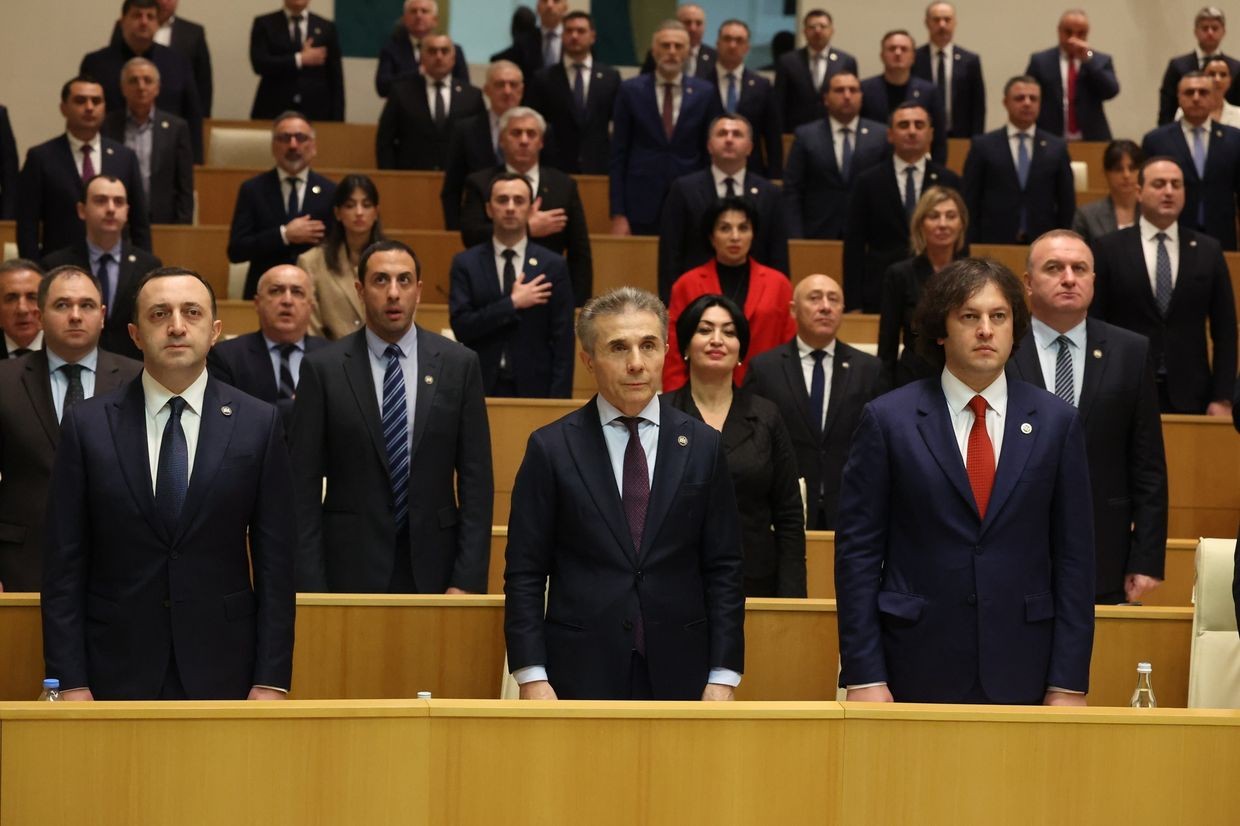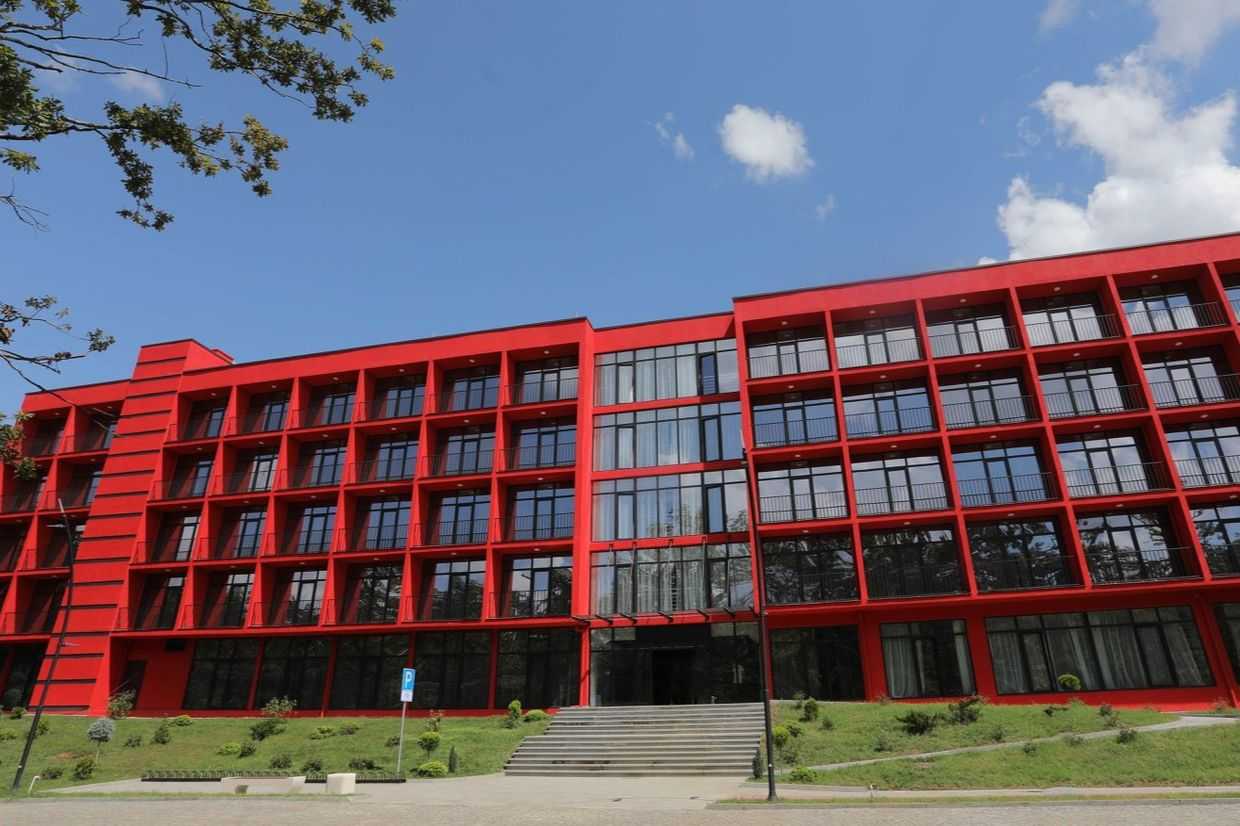
The ruling Georgian Dream party and its satellites have passed a legislative package on banning political parties in its final reading in parliament. According to the amendments, the Constitutional Court will have the authority to ban a party if its goals and composition match those of a party that has already been banned.
The ruling party adopted the legislative amendments against the backdrop of its stated motivation to ban the former ruling party, the United National Movement (UNM), as well as other major opposition parties which, according to its claims, are satellites of the UNM and serve its interests.
Article 36 of the law on political associations of citizens allows the prohibition of a party with specific goals, including overthrowing the constitutional order, violating the country’s territorial integrity, or inciting discord on national, religious, or other grounds.
However, Georgian Dream added a separate sub-clause to the legislation which would grant the court the authority to ban any party whose declared goals or activities ‘substantially repeat’ the declared goals or activities of a party previously banned under the same article.
The term ‘substantial repetition’ also refers to the composition of party lists.
With the new amendments, the government will not only be able to request the banning of existing opposition parties, but also any parties potentially established in the future if Georgian Dream considers them to be successors of previously banned parties.
‘I believe [this law was adopted] so that he [Georgian Dream’s founder Bidzina Ivanishvili] can hold a tool of blackmail in his hands — to be able to easily dissolve parties whenever he wants and conveniently reshape the political landscape ahead of elections’, said Dimitri Tskitishvili, a member of For Georgia party and a former Georgian Dream MP, in his assessment of the law.
In February, Georgian Dream established a ‘fact-finding commission’ in parliament, with the aim of studying the period of the UNM rule and ultimately to punish the party.
However, the ruling party then extended the commission’s mandate to include the period after 2012, stating that representatives of the former government had committed ‘numerous anti-state actions’ even after 2012, during their time in opposition. After that extension, the commission was granted the authority to summon individuals who have never been members of the UNM. In one such case, the ruling party questioned Giorgi Gakharia — who served as prime minister under Georgian Dream and is now in the opposition.
Georgian Dream has already announced that the commission’s conclusions will serve as the basis for its petition to the Constitutional Court, in which it will seek to ban the UNM and its ‘satellites.’
When referring to ‘UNM satellites’, the ruling party means all currently existing major opposition parties: not only those whose leaders were formerly members of the UNM, but also, for example, For Georgia founded by Gakharia, a harsh critic of the UNM.
Following speculation regarding the upcoming local elections in October 2025 — particularly whether party bans would be enacted before or after the vote — the ruling party’s parliamentary leader, Mamuka Mdinaradze, stated in April that parties would not be banned ahead of the elections, citing technical reasons. Instead, he claimed that the parties would be banned shortly after.
The work of the anti-UNM commission, as well as the adoption of new restrictive laws, is being carried out by Georgian Dream in a parliament where opposition is virtually nonexistent. Following the disputed 2024 elections, opposition parties refused to participate in the legislative process.
Against this backdrop, Georgian Dream has created satellite groups within the parliament, which started to position themselves as a ‘healthy opposition’. In practice, this has so far manifested in their unwavering support for all of the ruling party’s legislative initiatives.











